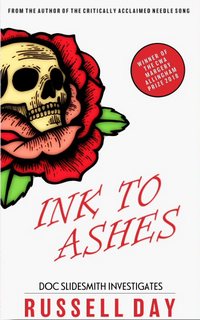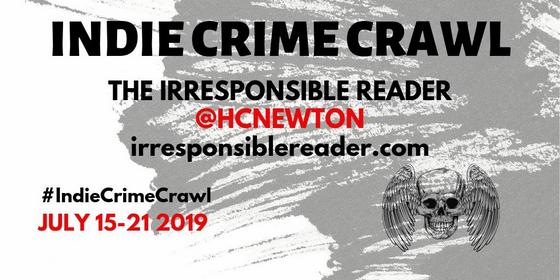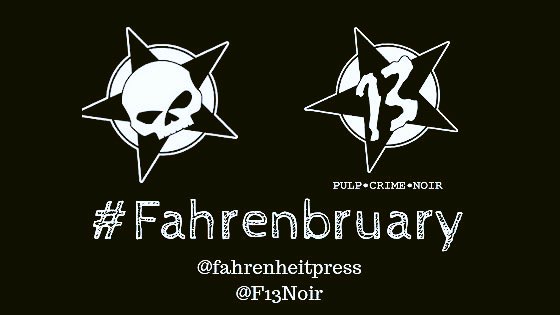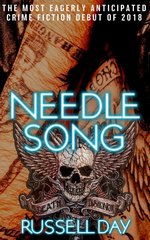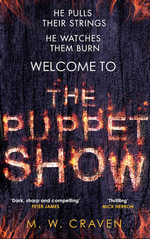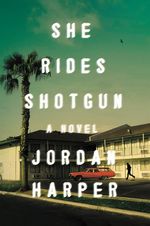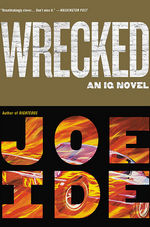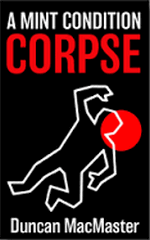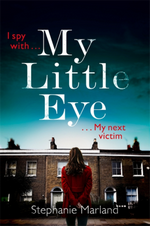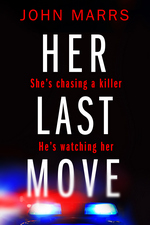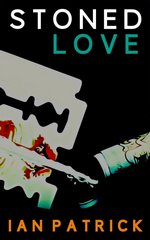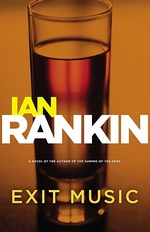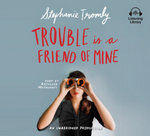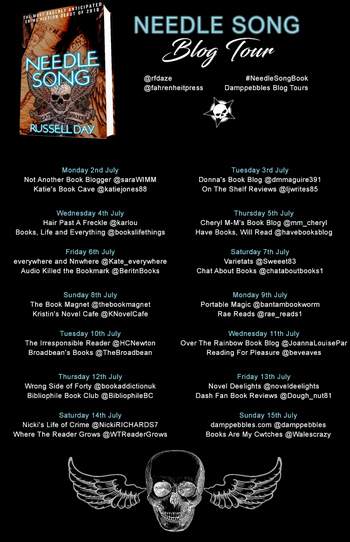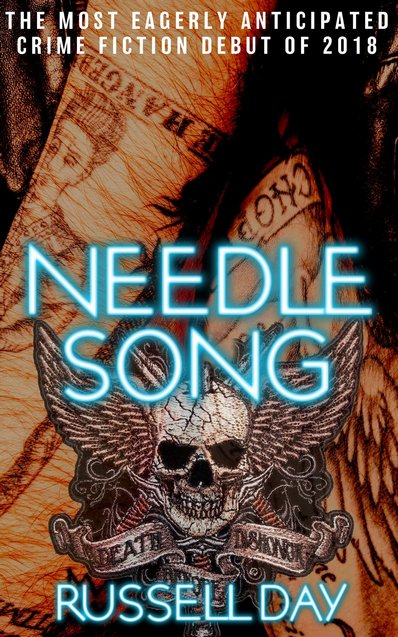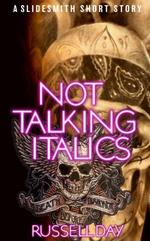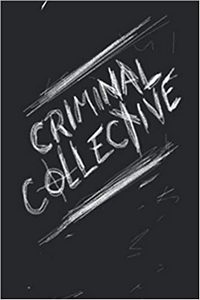 |
Criminal Collectiveby Russell Day Paperback, 268 pg. Read: November 16-20, 2000 |

Murder is just another service the nation’s capital has to offer. Like any service industry, you get what you pay for. Less than a grand, in some quarters, will buy you a thug with a baseball bat and a good swing. And at no extra cost they’ll usually tell all their friends about it then spill their guts to the police, once they’re hauled into an interview room.
Creating a dead body is the easy bit. Making it vanish, without questions, now, that’s skilled work. If you pay the extra, someone like me will make the body, the evidence and any troublesome connections melt away, like snow in a heatwave.
What’s Criminal Collective About?
This is a collection of shorter stories from Russell Day, one of my favorites in Crime Fiction. There’s really not much more that I can say, but it seems to brief to move on at this point, so let me just steal from the back of the book:
Do you struggle to know the best place to bury a dead gambler?
Do health care professionals laugh at your attempts to fake a slipped disc?
Do your weapons choices leave you embarrassed at punishment beatings?
If the answer is yes, then Criminal Collective is the book for you! Nineteen stories, each one written to help navigate the tricky etiquette of being a scumbag in the 21st century.
Never again be left nonplussed by the rules of Roadkill Roulette!
Never again mistake your German Virgins for your Automatic Nuns!
Never again leave your fingerprints on a golok!
Criminal Collective! Permanent solutions in an uncertain world.
Doc Slidesmith and Yakky
All the troubles I’ve had over the years have been handed to me by the living not the dead.
There are three Doc Slidesmith stories (one might be novella-length, I’m bad at judging that). For me, these are the highlight of the collection—one of my highlights of the year (have I mentioned how much I love Slidesmith?).
There’s “The Tattooist, The Tarot, and Bang-Bang the Clown,” in which someone ducks into the wrong shop while running from the cops. That was plenty of fun. Then there’s “Not Talking Italics,” which I wrote about two years ago, and loved just as much this time around. Seriously, a short story should not be this good.
The novella (or so) piece is called “Coming Up with a Because (A Game for Three Payers). The three players are A Tattooist, A Nurse and A Solider and we focus on each of these in rotation as the novella tells what happens when a figure from Doc’s past comes looking for a favor. I spent more than a few pages convinced I was a step or two ahead of Doc. That was a mistake. I’m tempted to go on and on here, but it’d just be the ravings of a fanboy…
Doc Slidesmith—you won’t find an amateur sleuth smarter or more enjoyable to read about.
SF Stories
There are two stories that are a SF/Crime Fiction hybrid. Neither of them did much for me. Not that either were bad, I just didn’t connect with them. I’m betting if I tried them again in a couple of months, they’d click with me.
However, both made a reference to the “protein wars.” I’d love to read a story/novel/series about them, the idea intrigues me.
So, what did I think about Criminal Collective?
“I never wanted a different life, Dad,” Liam said. “I was trying to change who I was. I wanted to be someone who wanted the life I had.”
I’ve read that line a few times since I read that story. I think I’m going to have to read it a few more to fully digest it.
There was one other story besides the SF ones that didn’t wow me. All three were okay, though. Not a bad one in the bunch. And the highs more than made up for the not-very lows.
Some of these elicited chuckles, some were disturbing (I mean, put the book down and think about something else for a bit disturbing*), there were a few that had an emotional punch that seemed out of balance compared to the brevity of the story—which speaks to how quickly Day can pull the reader in, and get you invested in some pretty unsavory characters.
* That’s not an exaggeration.
I’d love to talk about some of the stories in detail, but to do so would involve spoiling them—but if you get this book as you should, you’re in for a real treat when it comes to “Click. Size Zero. Delete”, “Reduced to Clear”, and “Colon: Full Stop” in addition to the Doc Slidesmith stories.
As always, Day’s ability with voice and style is at the forefront here—it’d be easy to believe that nineteen authors contributed to this anthology rather than one author creating nineteen distinct voices.
Basically this was a treat from beginning to end, and as always when it comes to Russell Day, I strongly recommend this and encourage you to pick it up.

![]()


